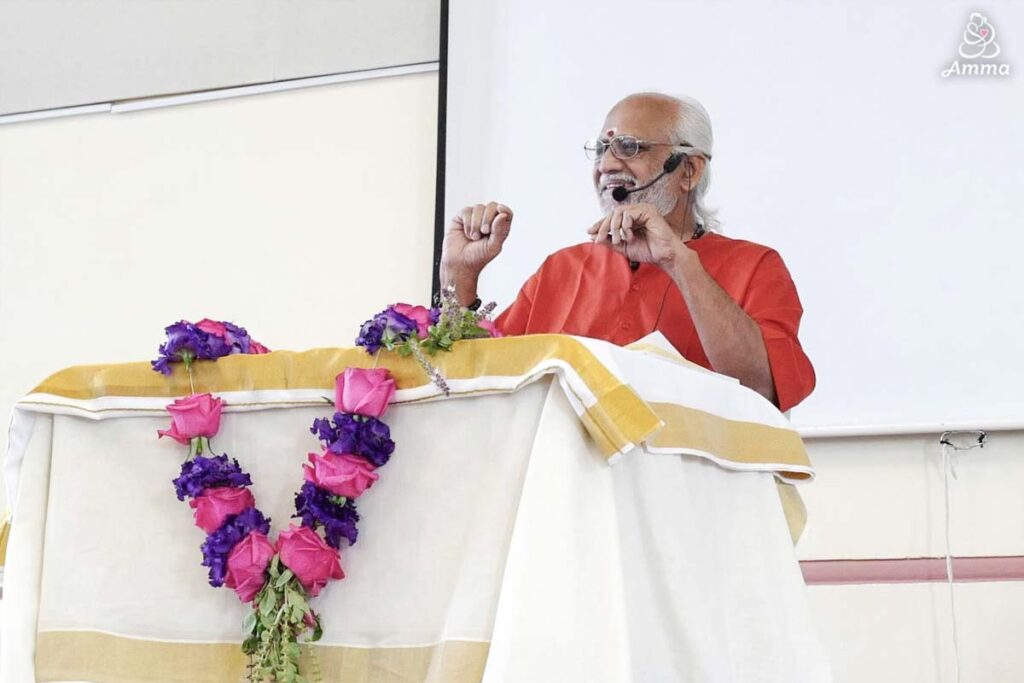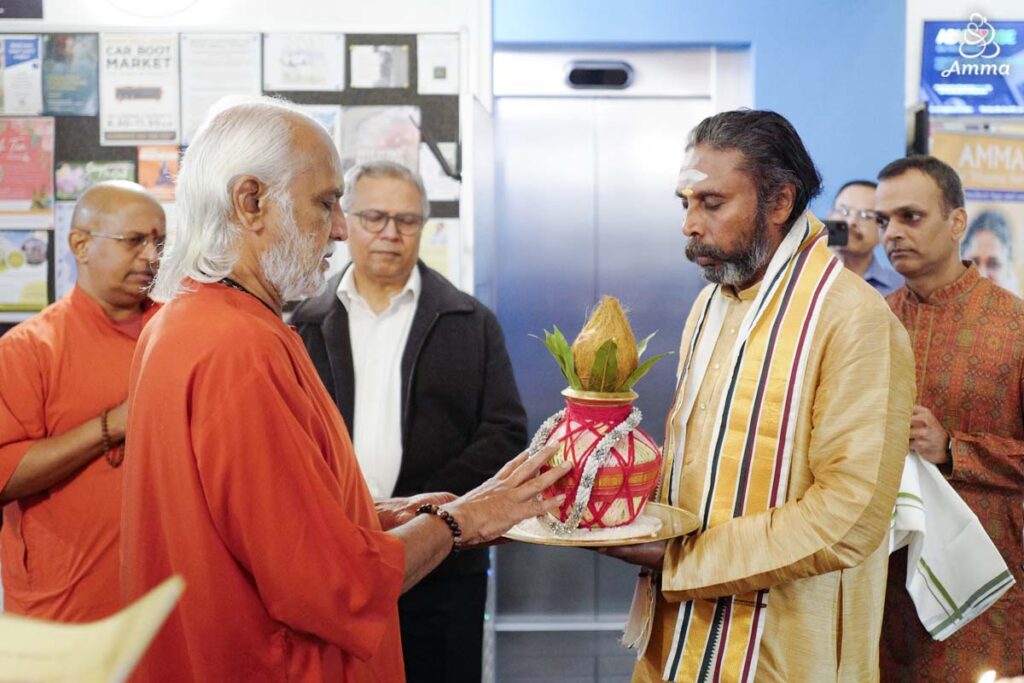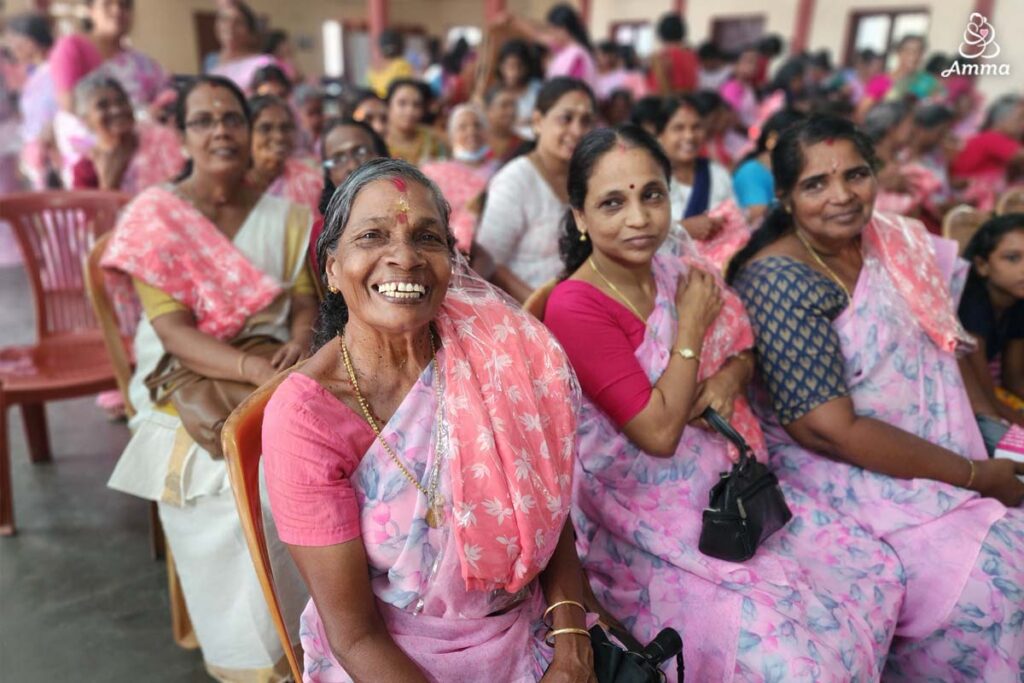Both of Amrita University’s UNESCO Chairs took part in envisioning how to strengthen interdisciplinary and collaborative research across Africa. Transforming Knowledge for Africa’s Future, an international forum by UNESCO, took place in Addis Ababa, Ethiopia from September 30 – October 2.
Dr. Maneesha Ramesh, UNESCO Chair on Experiential Learning for Sustainable Innovation and Development, and Dr. Bhavani Rao, UNESCO Chair on Women’s Empowerment and Gender Equality, joined in discussions that addressed how the future of humanity is inextricably linked to Africa’s future.
The forum was convened by the African Union Commission and UNESCO, under the patronage of H.E. Sahle-Work Zewde, President of the Federal Democratic Republic of Ethiopia. It focused upon how established narratives around the future of the continent continue to reflect the long-standing imbalances in knowledge production and academic research on Africa.
Participation in the gathering was vast, both from across the continent and around the world. Every single country in Africa was represented, bringing together the 55 members of the African Union. This included top officials with various state-level education ministries.
As well, Africa’s top universities took part, alongside UNESCO representatives from across the globe. Africa itself has 110 UNESCO Chairs with African institutions in 31 countries.
This brought Amrita’s UNESCO Chairs the opportunity to connect with these people on many levels. It included other UNESCO Chairs, UNITWIN Networks, scholars, civil society organisations, and development partners from all world regions to engage in dialogue, reflection, and collaborative actions on the transformation of knowledge for Africa.
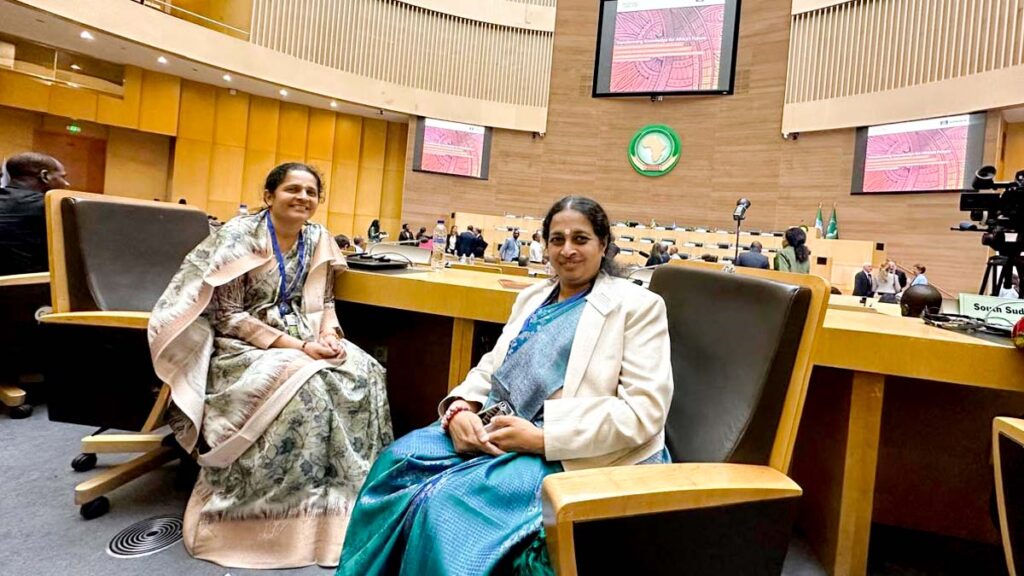
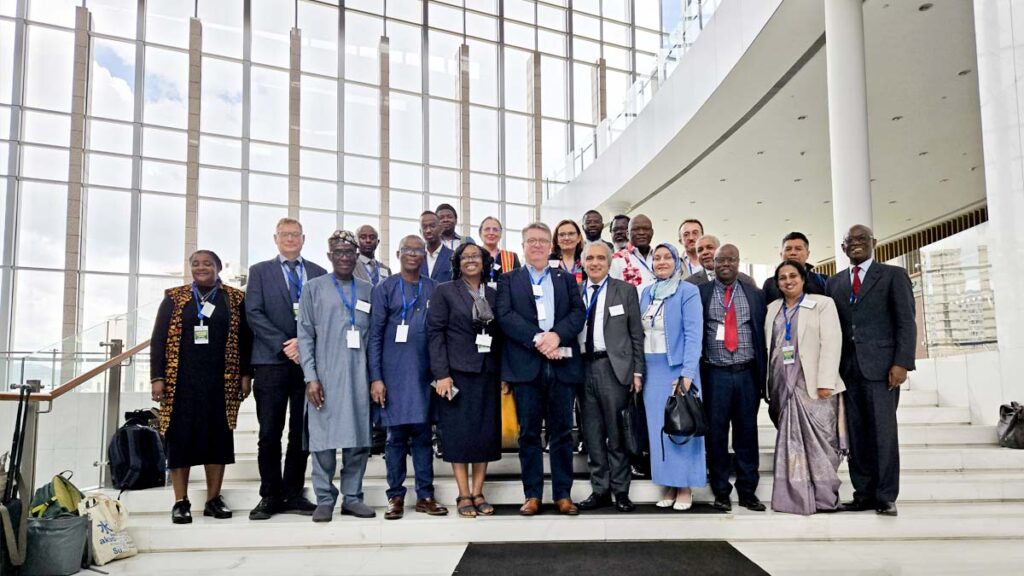
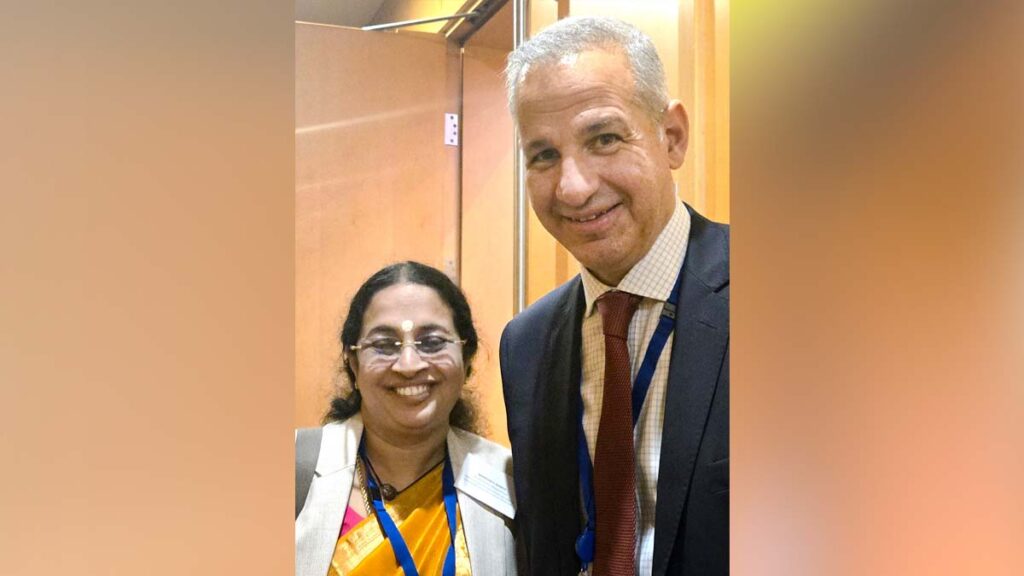
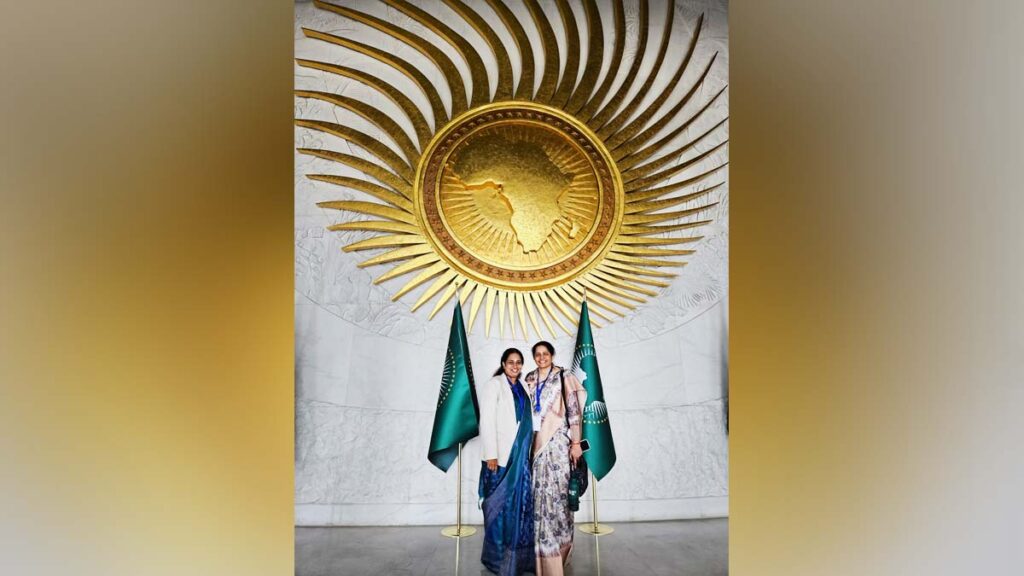
Dr. Ramesh is the Provost at Amrita and Dr. Rao is the Dean, School of Social & Behavioral Sciences. They also met with UNESCO Director, Mohamed Elfarnawany of Egypt, who heads the Division of Priority Africa Coordination.
Sessions during the conference included Research Cooperation and Capacity Development in Water, attended by Dr. Ramesh, and Promoting Gender Equality in and through STEM education (Science Technology Engineering Mathematics), with Dr. Rao taking part.
Both Dr. Ramesh and Dr. Rao have been part of Amrita’s ongoing efforts in Africa to strengthen interdisciplinary collaborative research capacities; foster open science; inspire research agendas; and contribute to strategies for the futures of higher education, which were the aims of this event as well.
Reforming knowledge systems is crucial for Africa to overcome existing barriers and unlock its full potential for sustainable development. By 2050, 2.4 billion or one in four people in the world will be from Africa (UNDESA). Yet, only 1% of global scientific research is from the continent (World Bank).
Academic inquiry remains largely dominated by institutions in, or with close links to, the Global North. Reframing the narrative around Africa’s future requires the mobilisation of its diverse knowledge traditions.
The gathering carried this overall vision: “We aspire that by 2063, Africa shall be a prosperous continent, with the means and resources to drive its own development… and where… well educated and skilled citizens, underpinned by science, technology and innovation for a knowledge society, is the norm.”



